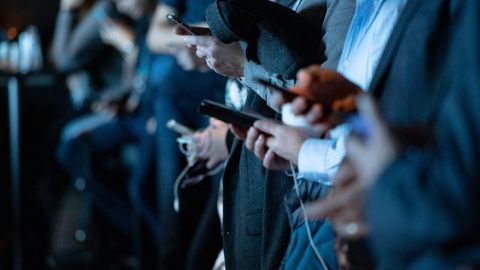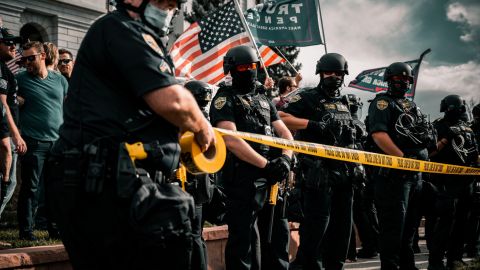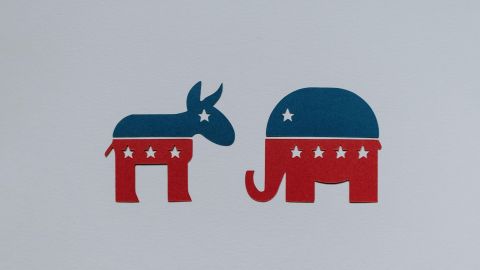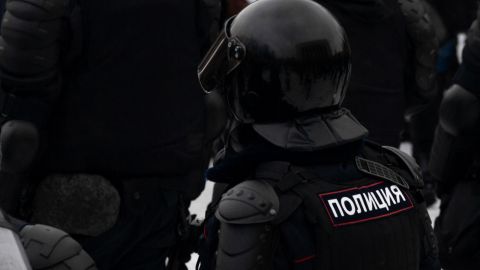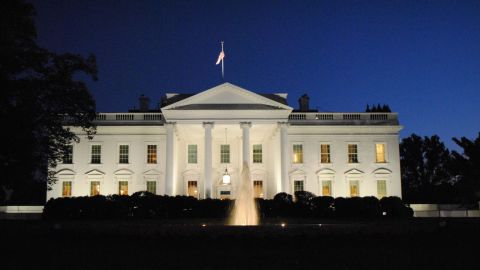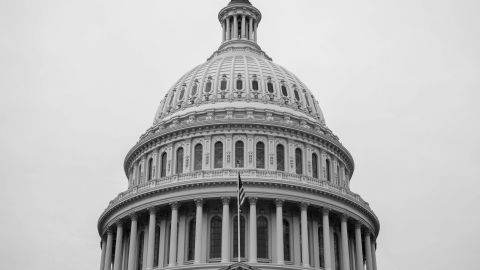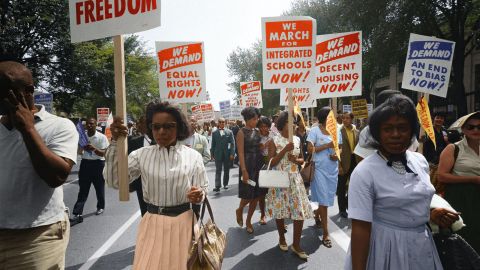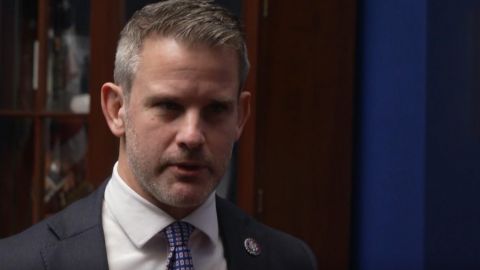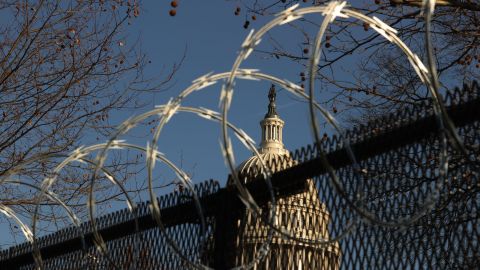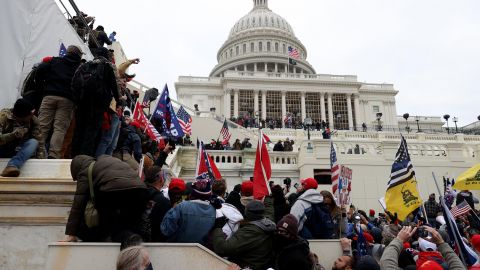Experts discuss the extraordinary tool of accountability voting can be. But for a long time in America, that right was only available to a select group of people—and this was by design. The ability to vote was and is one of the most powerful non-violent tools citizens can use to change their everyday lives. “The fiercest fights of our history have been to keep other people from voting” journalist Bill Moyers tells Preserving Democracy.
- Voting has always been contested in this country
and that is because it is such
a powerful tool of accountability.
It is the currency that we all have.
It is the way in which we can all be equal,
despite any status that we might hold in any other realm,
one person, one vote, at least theoretically.
It is the way that we all have a voice in our democracy.
And so voting has been contested
from the very founding of this country.
Those who were poor, those who were dispossessed, women,
anyone who was not considered white could not vote.
And our country never intended
for those individuals to be included.
It took struggle, and contestation,
and protest, and even violence
to ensure that we could have a more inclusive democracy.
And that is because the vote is so very powerful.
It is the most significant means of accountability
that is nonviolent and that allows everyone
to participate on an equal basis.
- The struggle over voting rights
really takes on a national proportion
in the years immediately following the abolition of slavery
and the end of the Civil War.
By 1865, the question of, are Black American citizens?
Yes, they will be by virtue of the new 14th Amendment.
Then what rights attends citizenship?
And the argument very forcefully put by Black Americans
and picked up by Congress,
is that citizenship for men comes with a guarantee
of voting rights.
And the 15th amendment to the Constitution
will prohibit the states from using race as a criteria
when it comes to extending voting rights.
This is the first moment
in which we have an unequivocal federal policy
with respect to voting rights.
In the wake of the end of the war,
and importantly, slavery's abolition,
now, there is a grand national question on the table.
Who will Black Americans be with respect
to the nation before the law
in the eyes of the Constitution?
And the Civil Rights Act of 1866 speaks directly to this
from Congress expressing unequivocally
that birth on the soil of the United States birthright
makes one a citizen regardless of race,
regardless of color, regardless of previous condition
of servitude or once having been enslaved.
That law is the first grand federal effort
to ensure that Black Americans,
and in fact, all persons born in the United States,
are citizens of the United States.
- It's fortunate we have as much as many rights as we do
but it's because people fought those rights,
from women's suffrage to Black votes.
I grew up in little town in Texas
where Blacks couldn't vote.
You could tell the moment you left the white neighborhood
for the Black neighborhood because you ran onto a dirt road.
And this was just six blocks
from where I went to high school.
The Black community started with a rough dirt road.
Give people the vote, let them organize,
let them fight for their rights, and change will come,
and bad things can be stopped
and good things can be blessed if you have the vote.
That's why the fiercest fights of our history
have been to keep other people from voting,
because if other people vote,
I'm gonna have to defend my position
and I'm gonna have to turn out my people to vote
and let's see who wins that.
But if it's fair and square,
either of us will accept the outcome from it,
and next time, we'll have another chance.

